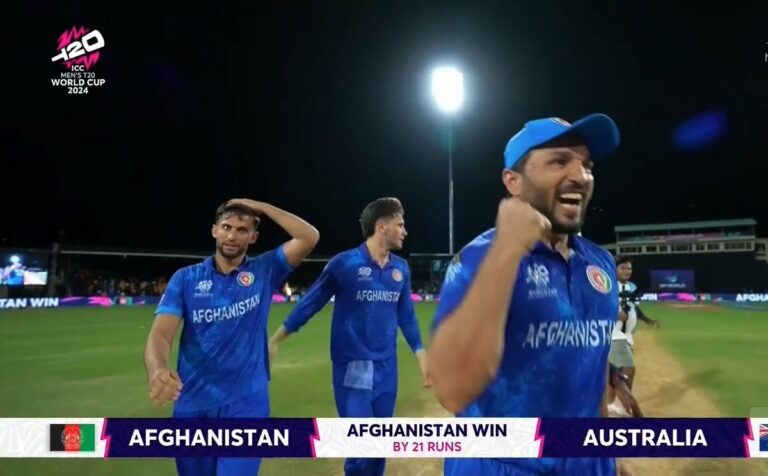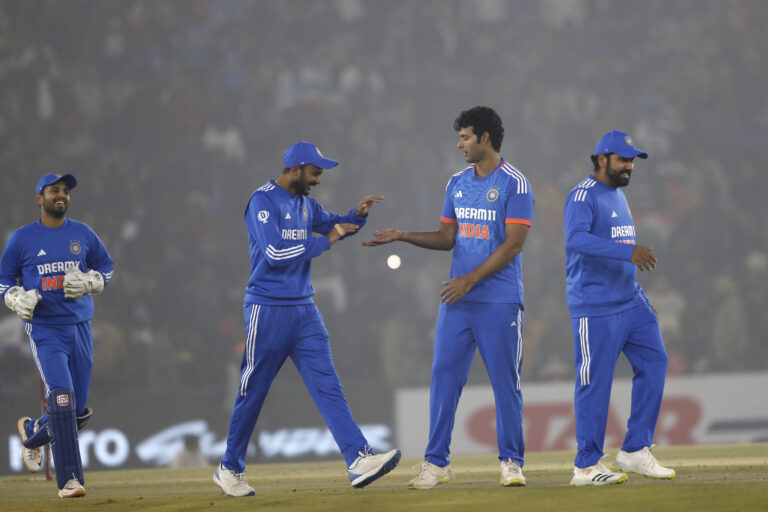Analyzing the Legal Implications of Player Transfers in IPL: Laser247, Gold365, 11xplay
Laser247, Gold365, 11xplay: The Indian Premier League (IPL) has established a robust legal framework to govern the player transfer process. The Board of Control for Cricket in India (BCCI) plays a key role in overseeing and regulating the transfer of players between IPL teams. This ensures transparency and fairness in the transfer process, while also safeguarding the interests of both players and teams.
Additionally, the IPL Governing Council is responsible for setting guidelines and rules around player transfers. These regulations help maintain the integrity and credibility of the league, while also ensuring that all transactions are conducted in accordance with the established norms. By adhering to the legal framework set forth by the BCCI and the IPL Governing Council, franchises and players can navigate the transfer process smoothly and efficiently.
Regulatory Bodies Involved in IPL Player Transfers
The primary regulatory body involved in IPL player transfers is the Board of Control for Cricket in India (BCCI). As the governing body of cricket in India, the BCCI oversees all aspects of the Indian Premier League, including player transfers. They establish the rules and regulations that teams must follow when trading or releasing players, ensuring fairness and transparency in the process.
Additionally, the IPL Governing Council plays a crucial role in overseeing player transfers in the league. Comprising representatives from the BCCI and various franchise owners, the Governing Council is responsible for approving player transfers, resolving disputes, and upholding the integrity of the IPL. Their decisions are instrumental in shaping the player transfer market and maintaining the competitive balance within the league.
Contractual Obligations of Players in IPL
In the Indian Premier League (IPL), players are bound by strict contractual obligations that govern their roles and responsibilities within their respective teams. These contractual agreements outline the terms and conditions under which the players are contracted to play for a specific franchise during the IPL season. Players are expected to abide by all the clauses and provisions stipulated in their contracts, including performance expectations, code of conduct, and commercial obligations.
One of the key aspects of the contractual obligations of players in the IPL is the exclusivity clause, which restricts players from participating in any other cricket tournaments or leagues while under contract with an IPL franchise. This clause ensures that players are fully committed to their IPL team throughout the season and do not engage in any activities that may jeopardize their performance or availability for IPL matches. Additionally, players are also required to adhere to strict disciplinary guidelines and maintain a high level of professionalism both on and off the field to uphold the reputation of the league.







